Fun and Engaging Family Games to Play
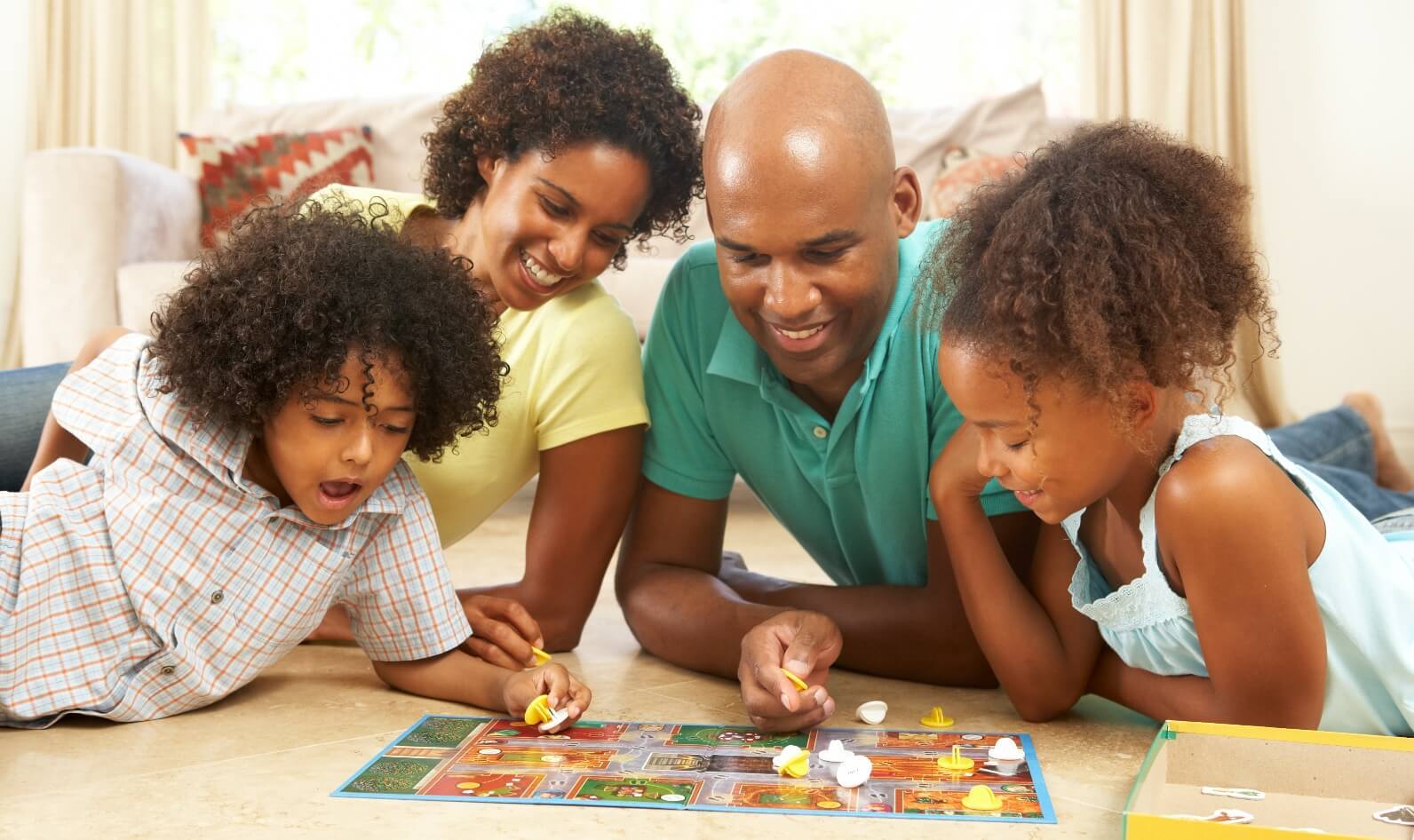
Introduction
Family time is invaluable, offering a chance to strengthen bonds, create memories, and simply enjoy each other’s company. In Kenya, there is a rich variety of family games that cater to all ages, ensuring that every family member can participate in the fun. Whether you’re indoors on a rainy day or enjoying the sunshine outdoors, family games provide a perfect way to bring everyone together. This comprehensive guide explores some of the best family games to play in Kenya. Let’s dive in and discover the joy of family games!
Family Games
Family games are activities or games designed to be enjoyed by members of a family together. These games are typically suitable for a wide range of ages, making them accessible and enjoyable for children, parents, and sometimes even grandparents. The purpose of family games is to provide entertainment, encourage interaction, and strengthen bonds among family members. Here are some of the most common family games you can play with your family:
1. Classic Board Games
Board games are tabletop games that involve the movement of pieces or tokens on a pre-marked board according to a set of rules. These games usually involve a combination of strategy, chance, and social interaction, making them a popular form of entertainment for families, friends, and players of all ages. They include:
a. Chess
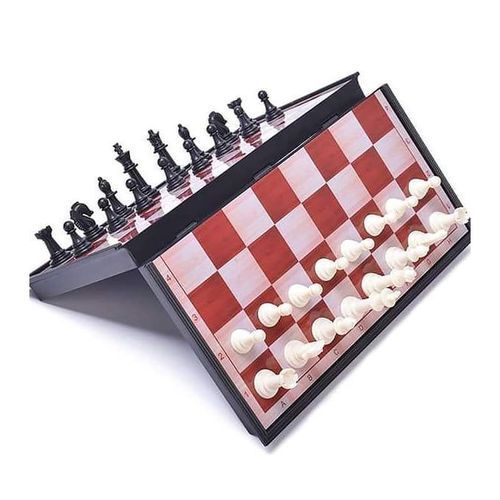
Chess is a timeless strategy family game that involves two players, each controlling an army of 16 pieces, to checkmate the opponent’s king. The game is played on an 8×8 grid, and each piece—pawns, knights, bishops, rooks, the queen, and the king—moves in specific ways. Chess is not only about moving pieces; it’s about thinking several moves ahead, anticipating your opponent’s strategy, and outsmarting them. It’s an excellent game for developing critical thinking and patience. Chess can be enjoyed by family members of all ages, making it a perfect family game for a quiet evening at home.
b. Monopoly
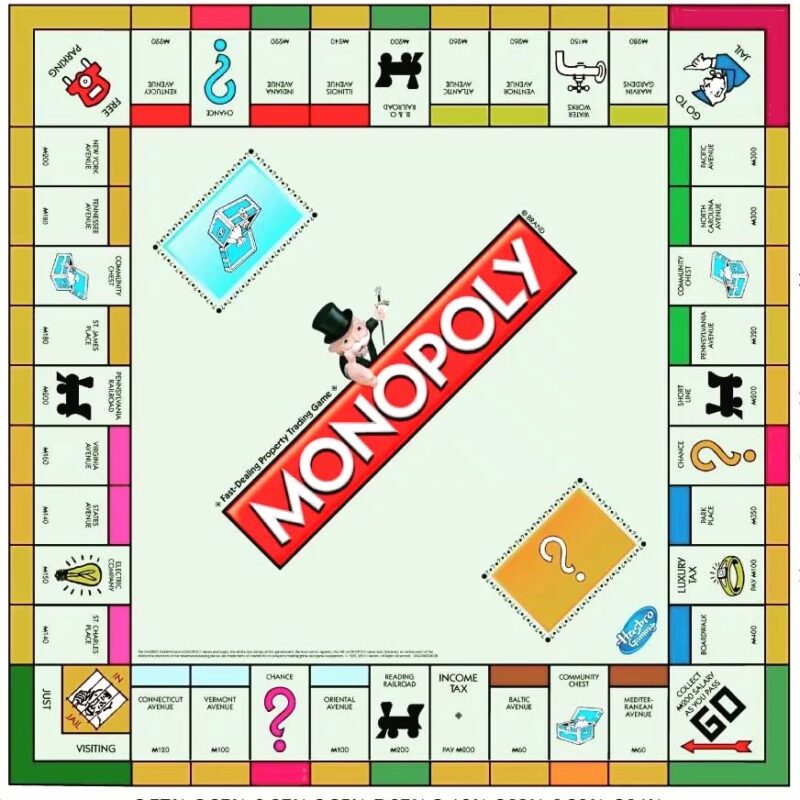
Monopoly is a board game that simulates the real estate market, where players buy, sell, and trade properties to build their financial empire. The game begins with each player receiving a set amount of money. As players move around the board, they can purchase available properties, build houses and hotels on them, and charge rent to opponents who land on their properties. The objective is to bankrupt all other players, making it a game of strategy, negotiation, and sometimes luck. Monopoly is great for teaching financial literacy and negotiation skills, making it a fun and educational family game esp at night.
c. Scrabble
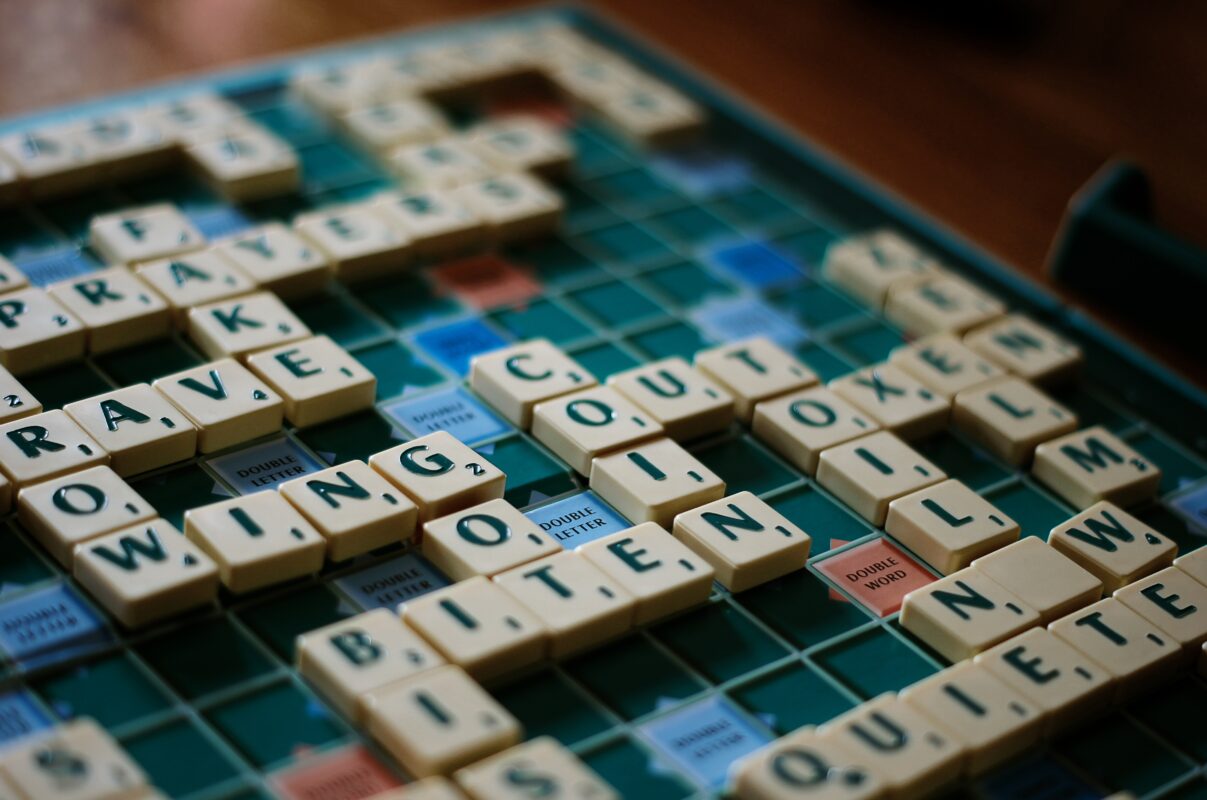
Scrabble is a word game where players use letter tiles to create words on a game board divided into a 15×15 grid. Each letter tile has a specific point value, and the goal is to accumulate the highest score by forming words across and down the board, much like a crossword puzzle. Scrabble is an excellent game for improving vocabulary and spelling skills, and it also encourages strategic thinking as players must find ways to maximize their scores while blocking their opponents’ opportunities. This game is perfect for family members who love words and language.
2. Card Games
Card games are games that use a deck of cards as the primary tool for gameplay. These games can range from simple and quick games suitable for children to more complex, strategy-based games for adults. Card games are popular because they are versatile, portable, and can be enjoyed by people of all ages. They include:
a. Uno

Uno is a fast-paced card game that’s easy to learn and suitable for all ages. The game uses a special deck of cards in four colors, each card marked with a number or an action (like Skip, Reverse, Draw Two, etc.). The objective is to be the first player to get rid of all your cards. Players take turns matching a card from their hand with the current card on the discard pile, either by color or number. Special cards add twists, making the game unpredictable and fun. Uno is a fantastic choice for family gatherings because it’s simple, quick, and brings lots of laughter.
b. Go Fish

Go Fish is a classic card family game that’s particularly great for younger children. The game is played with a standard deck of cards. Each player starts with five cards, and the goal is to collect sets of four cards of the same rank (e.g., four kings, four aces). Players take turns asking each other for specific cards they need to complete a set.
If the player asked has the card, they must hand it over; if not, they say “Go Fish,” and the asking player draws a card from the deck. The game continues until all sets are completed, and the player with the most sets wins. Go Fish is easy to play, encourages memory skills, and is a delightful way for families to interact.
c. Rummy
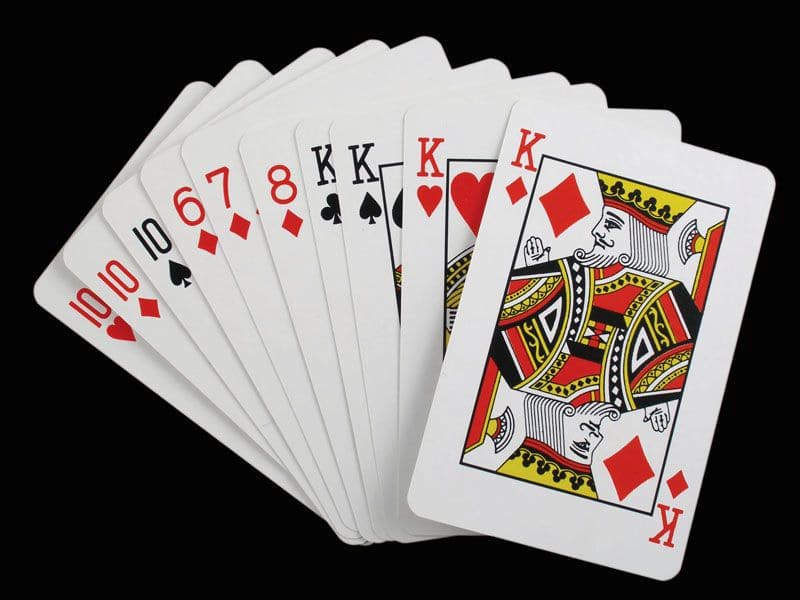
Rummy is a card game where players try to make groups of cards that match. In the popular version called Gin Rummy, players try to make sets (three or four cards of the same number) and runs (three or more cards in a row of the same type). Each player gets dealt a certain number of cards at the start. Players take turns picking up a card from the deck or pile of discarded cards and then getting rid of one of their own cards. The goal is to be the first to organize all your cards into matching sets. Rummy involves thinking ahead, making plans, and paying attention, which makes it fun for adults and older kids. Which is the most common in Kenya, known as “cardi”
3. Outdoor Games
Outdoor games are physical activities or games that are played outside, usually in open spaces like backyards, parks, playgrounds, or beaches. These games often involve physical movement, encouraging players to be active, engage with nature, and enjoy fresh air. Outdoor games can be individual or team-based and are often designed to improve coordination, fitness, and social interaction. They include:
a. Tag

Tag is a simple, high-energy game that’s perfect for outdoor play. One player is “It” and must chase and tag the other players, who try to avoid being caught. Once tagged, the player becomes “It,” and the game continues. There are many variations of tag, such as Freeze Tag, where tagged players must freeze in place until another player unfreezes them by touching them. Tag is a great way to get everyone moving and can be played with children and adults alike. It’s also a game that encourages physical activity and quick thinking.
b. Hide and Seek

Hide and Seek is a classic game that has been enjoyed by children and families for generations. One player closes their eyes and counts to a predetermined number while the other players hide. After counting, the seeker tries to find all the hidden players. The first one found becomes the next seeker, or the last one found wins, depending on the variation you play. Hide and Seek can be played indoors or outdoors, and it’s a game that never gets old, offering endless fun and excitement for players of all ages.
c. Frisbee
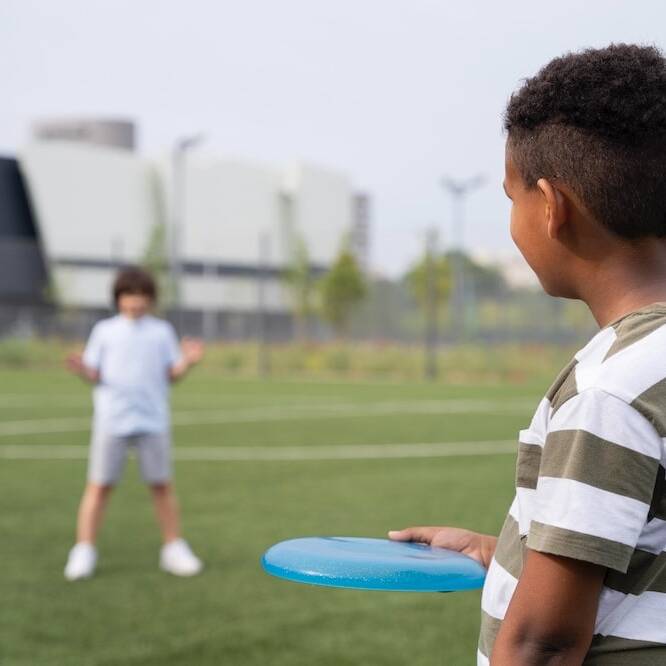
Frisbee is a simple and fun outdoor game that involves throwing a disc back and forth between players. The goal is to catch the Frisbee without letting it touch the ground. You can play in pairs or in teams, and there are many variations of the game, such as Ultimate Frisbee, which has rules similar to soccer and football. Frisbee is perfect for the park, beach, or backyard and is an excellent way to enjoy the outdoors with your family. It’s also a low-cost game that can be enjoyed by people of all ages.
4. Puzzle Games
Puzzle games are games that challenge players to solve problems, complete patterns, or think strategically to achieve a specific goal. These games often involve logic, critical thinking, and problem-solving skills. Puzzle games can be played solo or in groups, making them suitable for various settings, including family game nights or individual play.
a. Jigsaw Puzzles
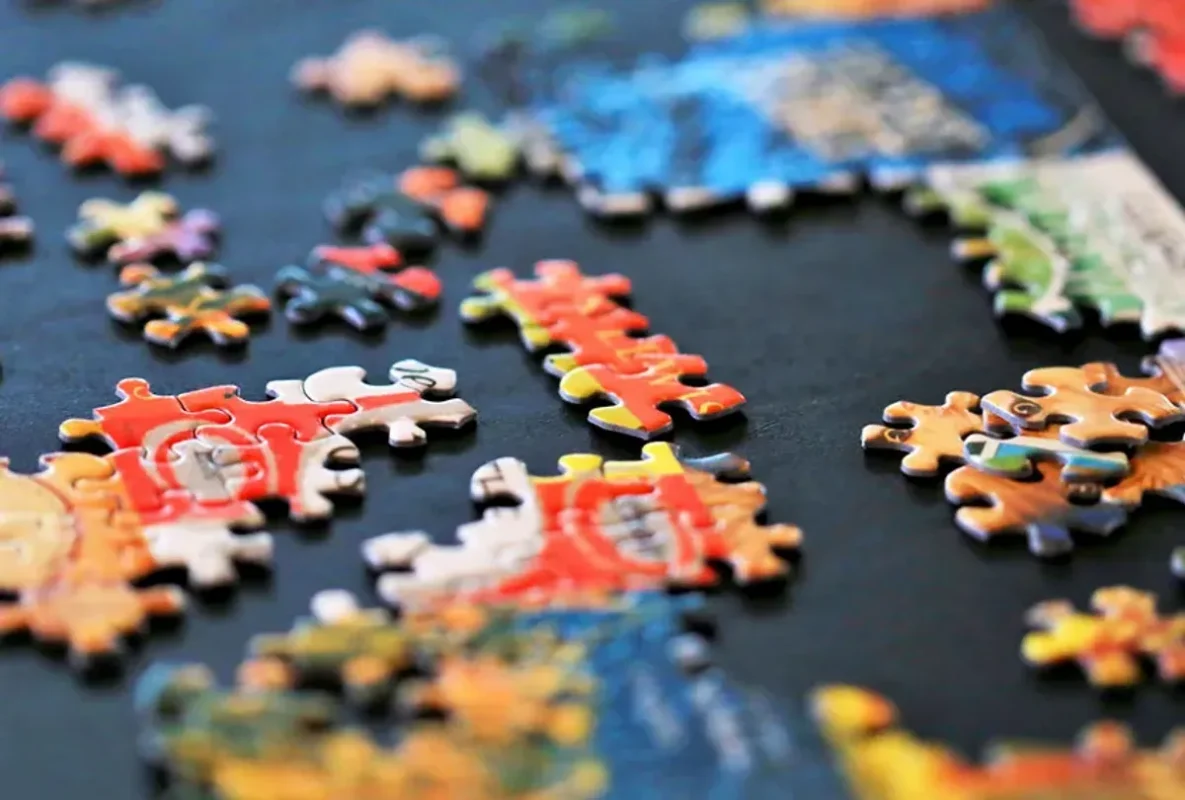
Jigsaw puzzles are a great way for families to work together and challenge their problem-solving skills. A jigsaw puzzle consists of a picture cut into various interlocking pieces that players must fit together to complete the image. Puzzles come in various sizes and difficulty levels, making them suitable for children and adults alike. Completing a puzzle can be a rewarding experience that promotes teamwork, patience, and attention to detail. It’s also a relaxing activity that can be spread out over several days or even weeks, making it a great long-term project for families.
b. Crossword Puzzles

Crossword puzzles are word puzzles where players fill in a grid with words that intersect based on clues provided. The goal is to correctly guess the words and fit them into the grid. Crosswords are excellent for enhancing vocabulary, spelling, and general knowledge. They can be played individually or collaboratively, making them a versatile choice for family game time. Crosswords can vary in difficulty, so you can choose ones that are suitable for younger players or those that challenge the entire family.
c. Sudoku

Sudoku is a logic-based number puzzle that involves filling a 9×9 grid with numbers so that each row, column, and 3×3 subgrid contains all the numbers from 1 to 9 without repeating. Sudoku puzzles range in difficulty from easy to extremely challenging, making them suitable for players of all ages. Playing Sudoku helps improve concentration, logical thinking, and problem-solving skills. It’s a great game for families who enjoy a mental challenge and can be played together as a team or individually.
5. Video Games for Families
Video games for families are digital games designed to be enjoyed by players of all ages, making them perfect for family bonding and fun. These games are typically easy to understand, and entertaining, and often promote cooperation or friendly competition among players. Family-friendly video games can be played on various platforms, including gaming consoles (like PlayStation, Xbox, and Nintendo), computers, and mobile devices. They include:
a. Mario Kart

Mario Kart is a beloved racing game that’s perfect for family gaming sessions. Players choose from a variety of characters from the Mario franchise and race against each other on creative and colorful tracks. The game is easy to pick up but offers enough depth to keep players engaged. With power-ups and obstacles, no race is ever the same, and it’s common for players to experience surprising comebacks or sudden losses, adding to the excitement. Mario Kart can be played with multiple players, making it an ideal choice for families looking to enjoy some friendly competition.
b. Just Dance

Just Dance is a dance rhythm game that gets the whole family moving. Players follow on-screen dance moves to popular songs, earning points based on their accuracy. Just Dance is not only fun but also a great way to stay active, as it combines exercise with entertainment. The game is suitable for all ages, with songs ranging from kid-friendly tunes to current hits. It’s a fantastic choice for family gatherings, parties, or just a fun evening at home.
c. Minecraft

Minecraft is a sandbox game that allows players to build and explore virtual worlds made of blocks. The game has no specific objectives, so players can create their own adventures, whether it’s building a massive structure, exploring caves, or battling monsters. Minecraft can be played in Creative Mode, where players have unlimited resources to build, or Survival Mode, where they must gather resources and fend off enemies. The game’s cooperative play mode makes it perfect for family bonding, as players can work together to build and explore their shared world.
Other Kenyan online family games include Ludo King, 8 Ball Pool, Carrom Pool, Chess.com, QuizUp, Spades Plus, Scrabble Go, Monopoly on mobile, PUBG Mobile, and Among Us. These games are popular for bringing families together through engaging and interactive gameplay across various platforms. There are so many of them be sure to research thoroughly and find the best online family game that best suits you and your family.
6. Educational Games
Educational games are activities or games specifically designed to teach or reinforce learning in a fun and interactive way. These games help players develop various skills such as critical thinking, problem-solving, communication, and specific academic knowledge in areas like math, science, language, and more. Educational games can be used for both children and adults, making learning engaging and enjoyable. They include:
a. Trivia Games

Trivia games are a fun way to test your knowledge on various topics, from history and geography to pop culture and science. Players answer questions from different categories, earning points for each correct answer. Trivia games can be played with a physical board game, cards, or even digitally through apps and online platforms. These games are not only entertaining but also educational, making them perfect for families who love to learn while having fun.
b. Pictionary
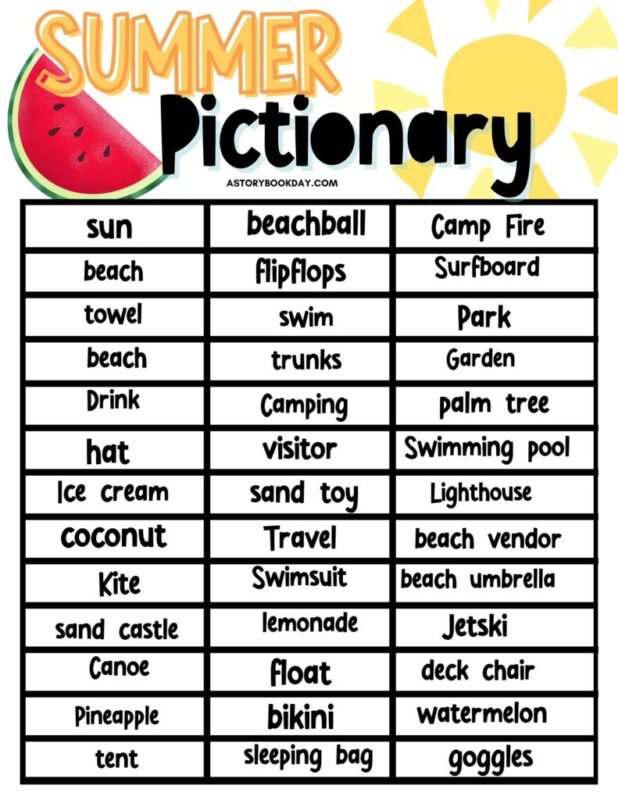
Pictionary is a drawing game where players take turns sketching words or phrases for their teammates to guess within a time limit. The game is played in teams, and points are awarded for each correct guess. Pictionary encourages creativity and quick thinking, and it often leads to hilarious moments as players attempt to draw complex ideas simply. It’s a great family game for members of all ages, as artistic skill is less important than the fun of trying to communicate through pictures.
c. Memory Matching Games

Memory matching games involve flipping over pairs of cards to find matches. The cards are laid face down in a grid, and players take turns flipping over two cards at a time, trying to remember the location of each card to find matching pairs. These games are excellent for improving memory, concentration, and attention to detail. Memory-matching games come in various themes and difficulty levels, making them suitable for both children and adults. They’re simple yet challenging, providing endless fun for family game nights.
7. Additional Games for Family Fun
a. Charades

Charades is a classic party game where players act out a word or phrase without speaking, while their team tries to guess what it is. The game can be played in teams or as individuals, and it’s a great way to encourage creativity and communication. Charades is easy to play and require no special equipment, making it perfect for spontaneous family fun.
b. Jenga
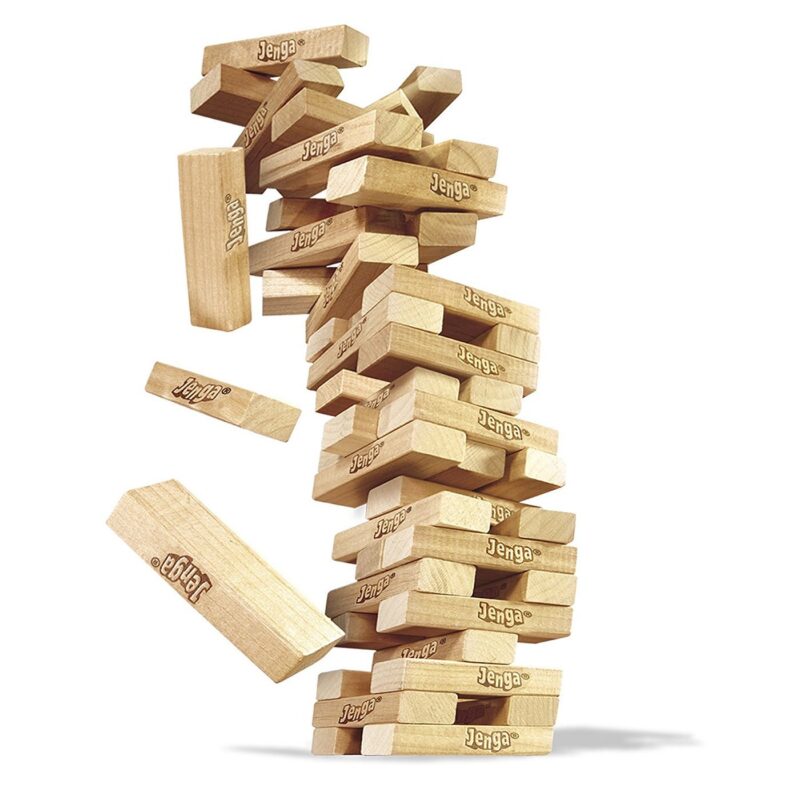
Jenga is a game of physical skill where players take turns removing one block at a time from a tower made of wooden blocks. The goal is to remove a block without causing the tower to collapse. As the game progresses, the tower becomes more unstable, adding to the tension and excitement. Jenga is simple to learn but requires steady hands and careful planning, making it a fun and challenging Family game for all ages.
c. Apples to Apples

Apples to Apples is a card game where players match descriptive words to a chosen noun. One player acts as the judge, choosing the best match from the other players’ cards. The game is lighthearted and encourages creativity and humor, as players often come up with funny or unexpected combinations. Apples to Apples is great for large groups and can be enjoyed by family members of all ages.
Benefits of Playing Games with Family
Playing games with your family is more than just a way to pass the time. It offers numerous benefits that contribute to stronger relationships and personal development.
1. Strengthening Family Bonds
Games encourage interaction, communication, and teamwork, helping family members grow closer and understand each other better. Whether you’re cooperating to win a game or competing against each other, the shared experience strengthens family ties.
2. Encouraging Healthy Competition and Teamwork
Games teach important lessons in sportsmanship, whether you’re winning or losing. They also encourage teamwork, as family members learn to work together towards a common goal. These lessons translate to better cooperation and communication in everyday life.
3. Providing Educational Opportunities
Many games, particularly board and card games, offer educational benefits. They can improve skills such as math, vocabulary, strategic thinking, and memory. By playing games, children (and adults) can learn and develop important cognitive abilities in a fun, engaging way.
4. Tips for Choosing the Right Game
Keyword: Choosing family games
With so many options available, it’s important to choose the right games for your family. Here are some tips to help you make the best choice:
5. Consider Age Appropriateness
Make sure the game is suitable for all family members, particularly if you have young children. Games that are too complex or too simple can lead to frustration or boredom.
6. Think About the Difficulty Level
Choose games that offer the right balance of challenge and fun. Games that are too easy may not hold everyone’s interest, while games that are too difficult can be discouraging.
7. Match Interests
Consider the interests of your family members when choosing games. If everyone enjoys strategy, a game like Chess or Monopoly might be ideal. If your family prefers physical activity, outdoor games like Football or Badminton would be a better choice.
8. Balance Competitive and Cooperative Games
While competition can be fun, it’s also important to include games that encourage cooperation. This helps ensure that everyone feels involved and enjoys the experience, regardless of who wins or loses.
Conclusion
Family games are a fantastic way to bring loved ones together, providing entertainment, education, and opportunities for bonding. Whether you prefer the strategic challenge of Chess, the fast-paced excitement of Uno, or the active fun of Football, there’s a game for every family in Kenya. By choosing the right games, you can create memorable experiences that strengthen family bonds and provide endless hours of enjoyment.
So why wait? Gather your family, choose a game, and start creating those precious memories today!
FAQs
What are the best games to play with family in Kenya?
Some of the best games to play with family in Kenya include Chess, Monopoly, Scrabble, Uno, Football, and traditional games like Bao and Mancala. These games cater to different interests and ages, making them perfect for family bonding.
Where can I buy family games in Kenya?
You can purchase family games from online stores like Skywave, or local toy shops offer a wide range of games.
Are there any educational games that are fun for the whole family?
Yes, educational games like Scrabble, Chess, and Monopoly are not only fun but also help improve skills like vocabulary, strategic thinking, and financial literacy. These games are suitable for both children and adults.
What outdoor games are popular for family gatherings in Kenya?
Popular outdoor games for family gatherings in Kenya include Football, Badminton, and Tag. These games are great for getting everyone active and enjoying the fresh air.
How can I ensure the games I choose are suitable for all ages?
When choosing games, consider the age and skill levels of all family members. Opt for games with simple rules for younger children, and consider games that offer different levels of difficulty to keep everyone engaged.
What are some traditional African games that I can play with my family?
Traditional African games like Bao and Mancala are excellent choices for family play. These games are culturally significant and offer a unique way to connect with African heritage while enjoying strategic gameplay.
Can video games be a good option for family game time?
Yes, family-friendly video games like Mario Kart, Just Dance, and Minecraft can be a great way to bond with tech-savvy family members. These games encourage cooperation, creativity, and friendly competition.
How do I keep family game nights fun and inclusive?
To keep family game nights fun and inclusive, mix up the types of games you play—balance competitive games with cooperative ones, and ensure that everyone gets a turn to choose the game. Make sure the rules are clear and consider modifying them if needed to accommodate younger players.
Are there mobile games that families can play together?
Yes, mobile games like QuizUp, Heads Up!, and Among Us are great options for family play. These games are convenient, can be played anywhere, and are suitable for different age groups.
What are the benefits of playing games with my family?
Playing games with your family strengthens bonds, improves communication, encourages healthy competition, and provides educational opportunities. It’s a fun way to spend quality time together and create lasting memories.



